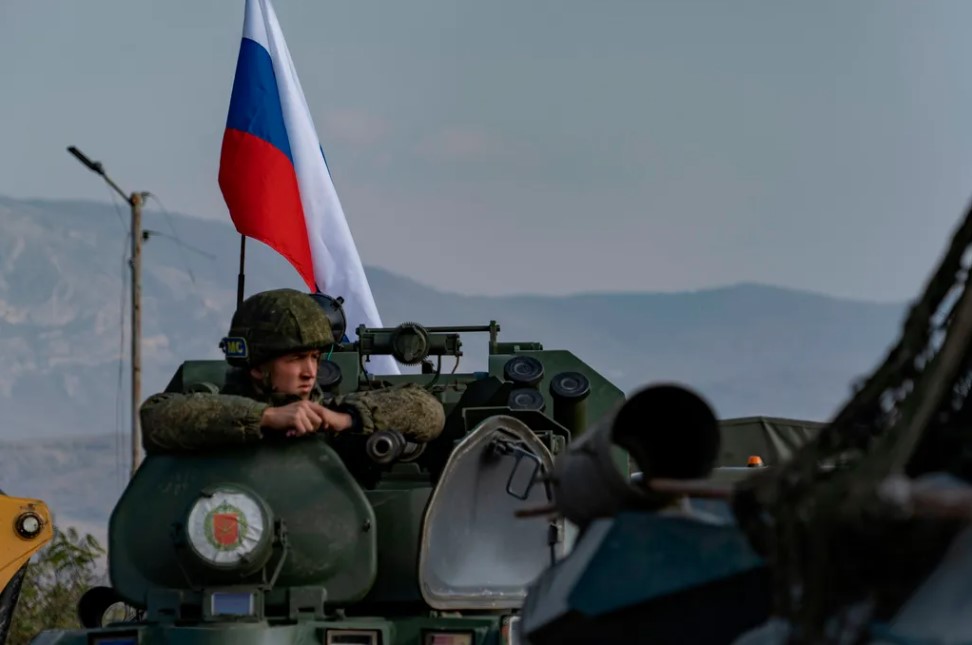After repeated calls from most significant international bodies, Azeri self-proclaimed “Eco-Activists” on Friday the April 28th have stopped their protest, which has been ongoing since December 12th. A significant number of the protestors have been shown to have connections to, or be apart of, the Azeri military. Their protest has blocked the sole road between Armenia and Artsakh, the Lachin/Berdzor corridor, resulting in a blockade of the ethnic Armenian population. Artsakh has suffered shortages of food, medicines, and other essentials as the government was forced to tap into reserves to stay afloat, only staying such due to occasional humanitarian supplies making their way in. The supplies that do make it in are not enough to fully supply the population, and Artsakh’s residents are given “ration coupons” which they may exchange for necessities, as many store shelves sit empty. With the protest coming to an end, one would think that the blockade would also come to an end. However, this is not the case.
On Sunday the 23rd, the Azeri government established a military checkpoint on the road, which is maintaining the blockade. For several days after the checkpoints establishment any humanitarian supply was completely blocked, once again fully severing supply to Artsakh. However, it has been “partially restored” due to negotiations from Russian peacekeepers. Only Russian peacekeepers and the Red Cross, who has repeatedly had to negotiate in order to transfer patients between Artsakh and Armenia’s hospitals, are allowed regular transport through the checkpoint.
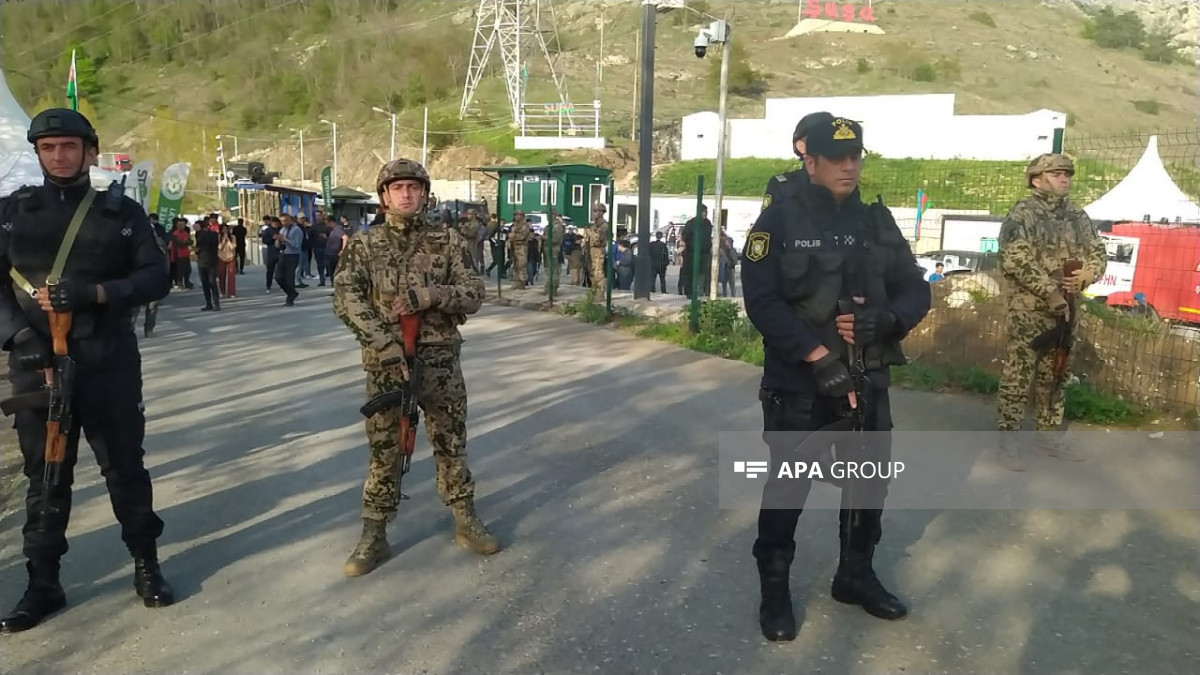
In a statement released by the protestors, the establishment of this military checkpoint was specifically given as a reason for ceasing the protest. Additionally, they stated they partially achieved their demands.
“Given the partial achievement of our demands, as well as the repeated appeals of state representatives, we, eco-activists and young volunteers, decided to temporarily suspend the protest action from 18:00 on April 28, 2023” -Part of the Azeri statement.
When the protest began, they claimed to have been protesting what they said was an illegal mining project by an Artsakh company, stating it would have a negative environmental impact. Despite several offers to have international surveyors come in to monitor the project and ensure it stayed true to environmental standards, as well as the project ceasing altogether, the protest, and thus the blockade, remained.
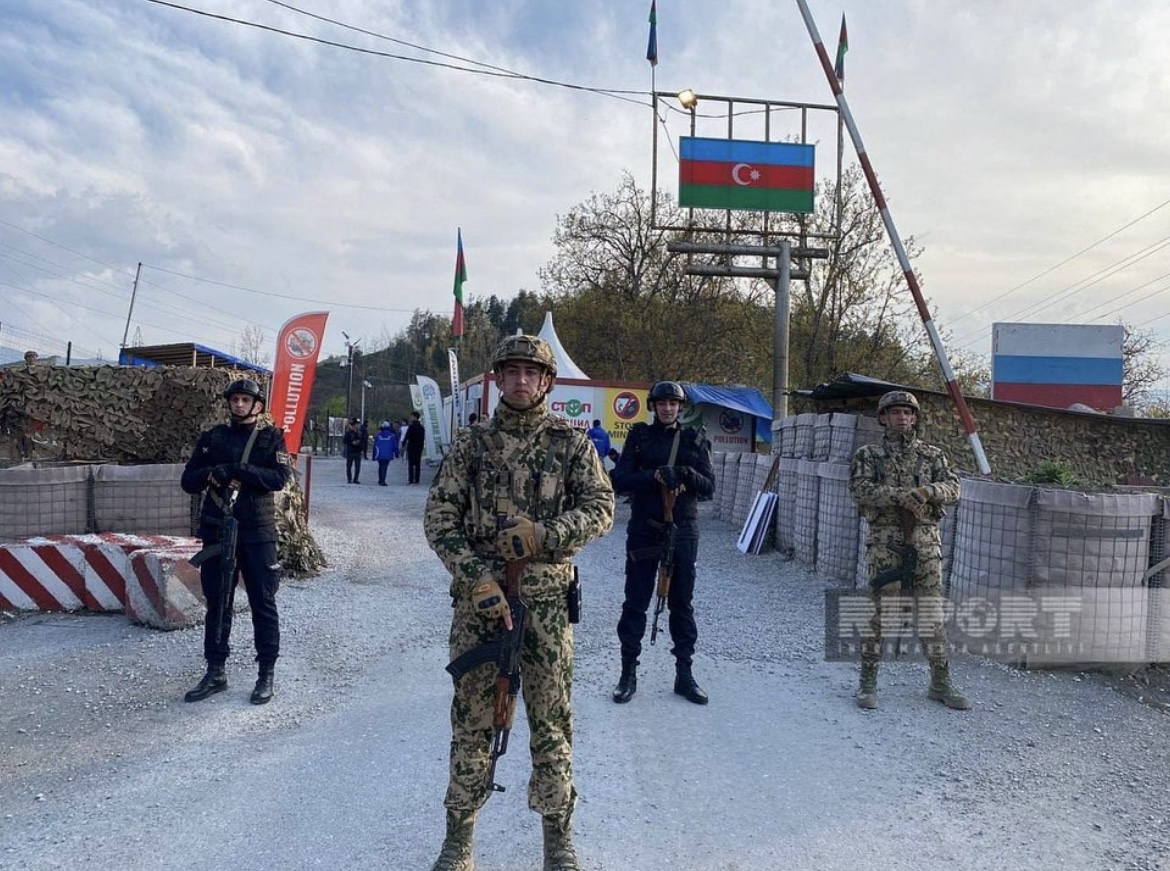
Both the protest and the checkpoint are in violation not only of provisions from the 2020 ceasefire, which was to ensure free travel along the road, but also of an ICC decision in February that mandated (though had no means of enforcement) Azerbaijan open the corridor. The blockade has also seen condemnation, and demands to be opened, from the US, EU (as well as several member states, in particular France), Russia, several Latin American states, and a number of others.
Though the blockade, protest, and checkpoint are in violation of the 2020 ceasefire which was brokered by Russia, Russian peacekeepers stationed in Artsakh have thus far taken very little action in order to halt any Azeri territorial advances in the region. It is unclear if this is because of inability to do so, or simply unwillingness.
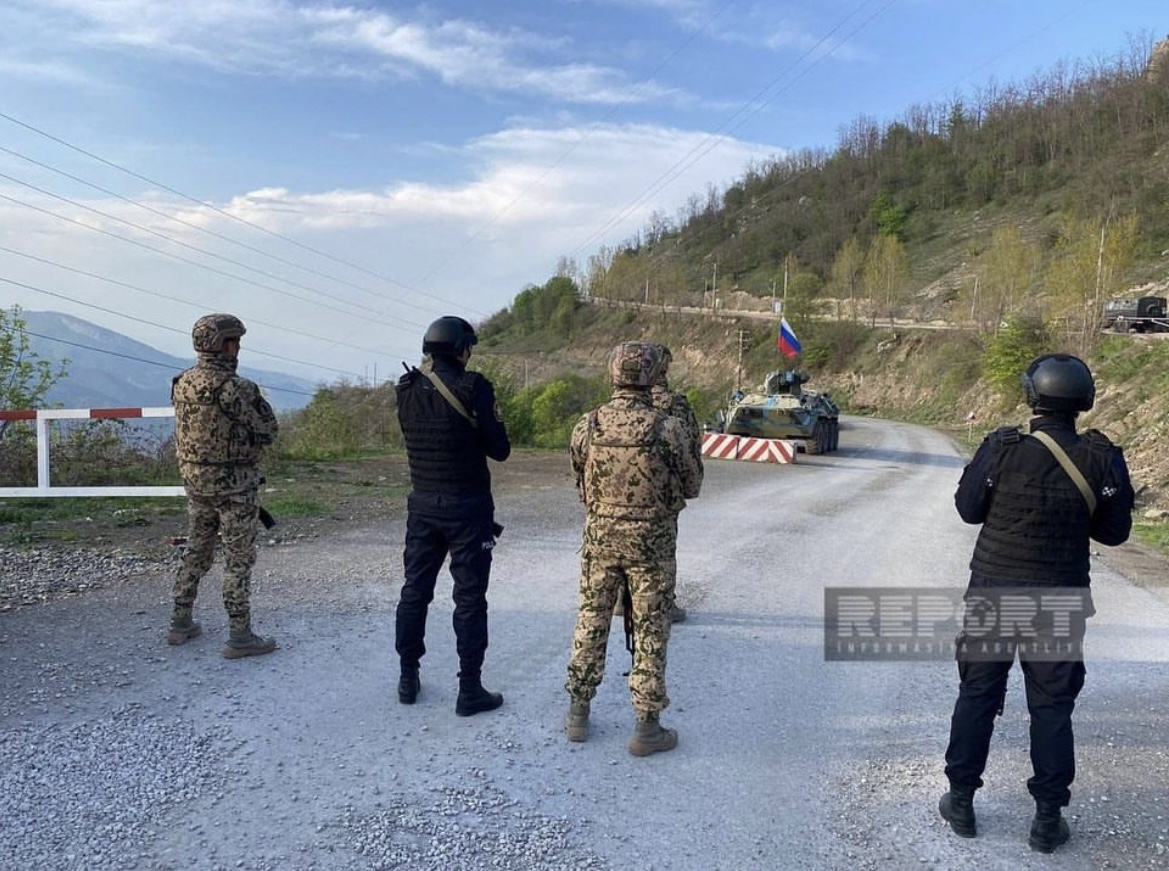
On Friday the 28th, French Foreign Minister Catherine Colonna visited the regions of Armenia targeted by the Azeri attacks in September of 2022. On top of being briefed on both the attacks, she was also told of the current situation of Azeri occupation of internationally recognized Armenian territory (presently Azerbaijan occupies 139km2 of Armenian territory), as well as the situation in Artsakh. She warned, as have several other international bodies, of the potential for “ethnic-cleansing” in Artsakh (a claim put forward by Armenian Prime Minister Nikol Pashinyan himself). Azerbaijan called these claims baseless, and stated that they will be opening the road.
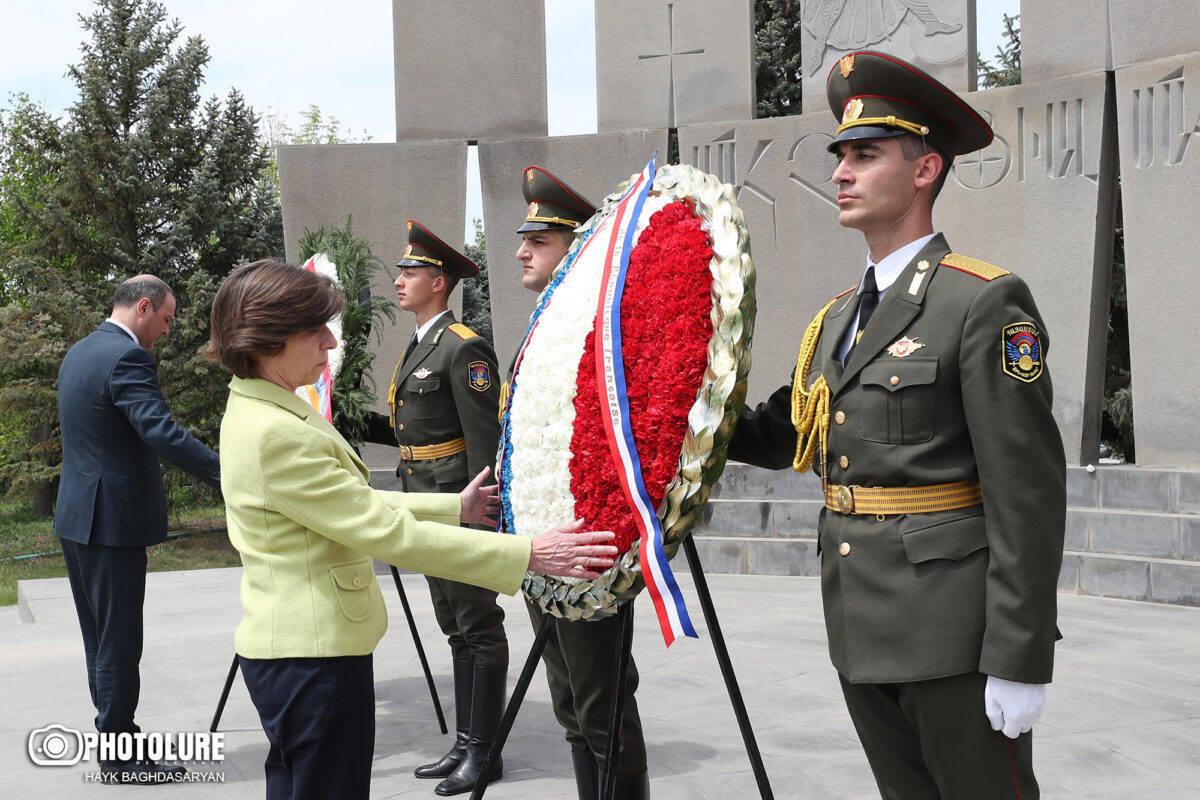
“Assessing the establishment of this checkpoint, which will regulate the regime of entry and exit from the border to the road, as a closure of the road, is also completely wrong”.
Whether or not they will indeed open the road remains to be seen. Azerbaijan has established the checkpoint after claiming that Armenia was using the route to smuggle weapons and soldiers into Arstakh, though they have neglected to provide any evidence for these claims. They also used these same claims to seize and attempt to seize several key roads/transport routes throughout Artsakh, also in violation of the 2020 ceasefire.
The Azeri protestors have enjoyed significant support from the Azeri government, a stark contrast to any protests held in Azerbaijan itself, which often face harsh crackdowns.


